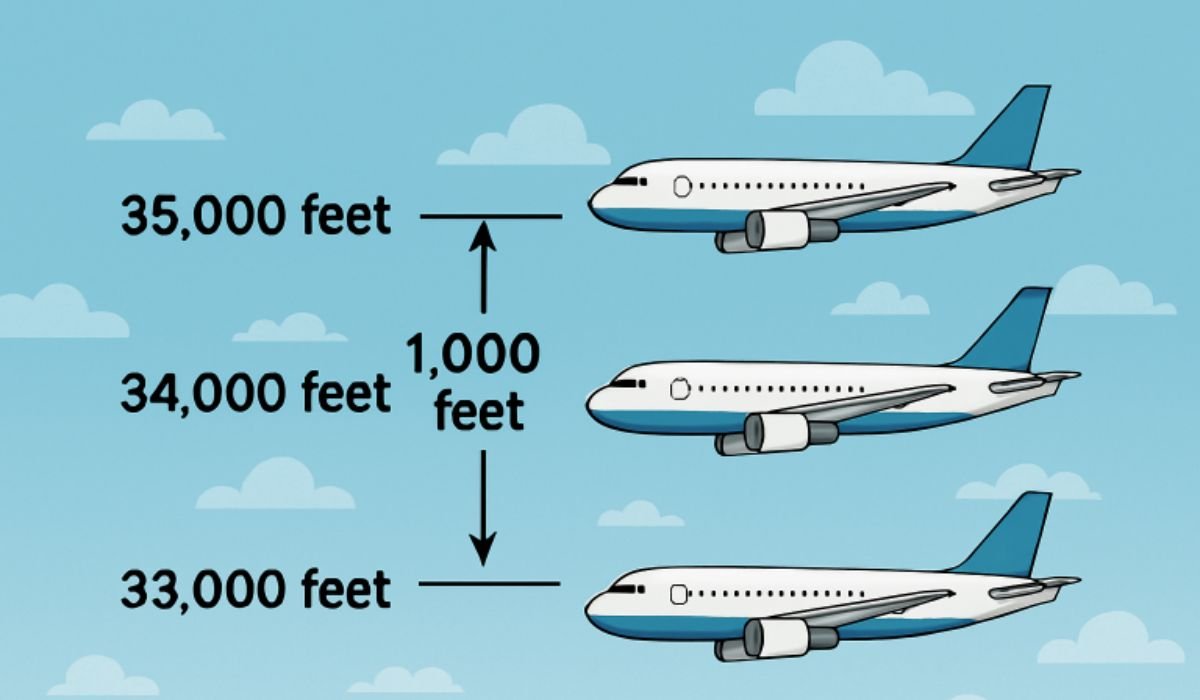If you’re involved in a car accident in McLean, Virginia, you’ve probably got a lot on your mind. Aside from dealing with the shock, there are medical bills, missed workdays, and the hassle of dealing with insurance companies.
But how do you figure out what your claim is actually worth?
In Virginia, figuring out the true value of a car accident claim goes beyond just the cost of fixing your car. An experienced McLean car accident lawyer looks at both your financial losses and the emotional toll an accident takes. So, let’s break down how it all works.
Types of Damages in Car Accident Claims
When it comes to car accidents, the damages you can claim fall into two categories: economic and non-economic.
Economic Damages
These are the costs you can easily add up. Think of it as the stuff you can show with receipts, bills, or pay stubs. Here’s what’s included:
- Medical Bills: Hospital stays, surgeries, physical therapy, and any medications you need.
- Lost Wages: If you had to take time off work, you can claim the income you missed. In serious cases, this also includes future income if the accident affects your ability to work long-term.
- Property Damage: This is all about fixing or replacing your car or anything else that was damaged in the accident.
Non-Economic Damages
These are the harder-to-quantify losses—the emotional and psychological toll of the accident. Here’s where things like:
- Pain and Suffering: Not just physical pain, but the stress and emotional distress you’ve been through.
- Loss of Enjoyment of Life: If you can’t pursue activities you loved before, like playing sports, taking walks, or even hanging out with family.
- Emotional Distress: Anxiety, depression, or even PTSD that came from the accident.
How Fault Impacts Your Claim in Virginia?
Virginia is tough when it comes to fault. It’s one of the few states that still follows “pure contributory negligence.” That means if you’re even 1% responsible for the accident, you might not get any compensation. Harsh, right? This is why proving fault—either through witness statements, accident reports, or other evidence—can make or break your claim. This rule makes McLean and the rest of Virginia a tricky place to file claims, but knowing it upfront helps you prepare.
How to Calculate the Value of Your Claim?
Once you’ve gathered all your bills and estimates, the next step is calculating how much you’re owed. Here’s how that works.
Start with Economic Damages
First, add up everything that you’ve spent (or will need to spend) because of the accident. Medical bills, lost wages, and car repairs are all part of this total. So, let’s say your economic damages add up to $50,000.
Calculate Non-Economic Damages
This is where it gets a bit more subjective. Most legal professionals use something called the “Multiplier Method” to figure out how much you should get for non-economic damages. The idea is to multiply your economic damages by a number between 1.5 and 5, depending on how severe your injury is. So, if your economic damages are $50,000 and the multiplier is 3, your non-economic damages would come out to $150,000.
Another method called “the Per Diem Method” is also used to calculate non-economic damages.
Conclusion
Understanding the true worth of your car accident claim isn’t just about adding up hospital bills. In McLean, Virginia, the law takes a more comprehensive view by factoring in both economic and non-economic losses. But it’s important to remember that Virginia’s strict contributory negligence rule can limit your compensation, so building a strong case with solid evidence is key.
By knowing the ins and outs of how your claim is valued, you’ll be in a better position to ensure you get the compensation you deserve.











